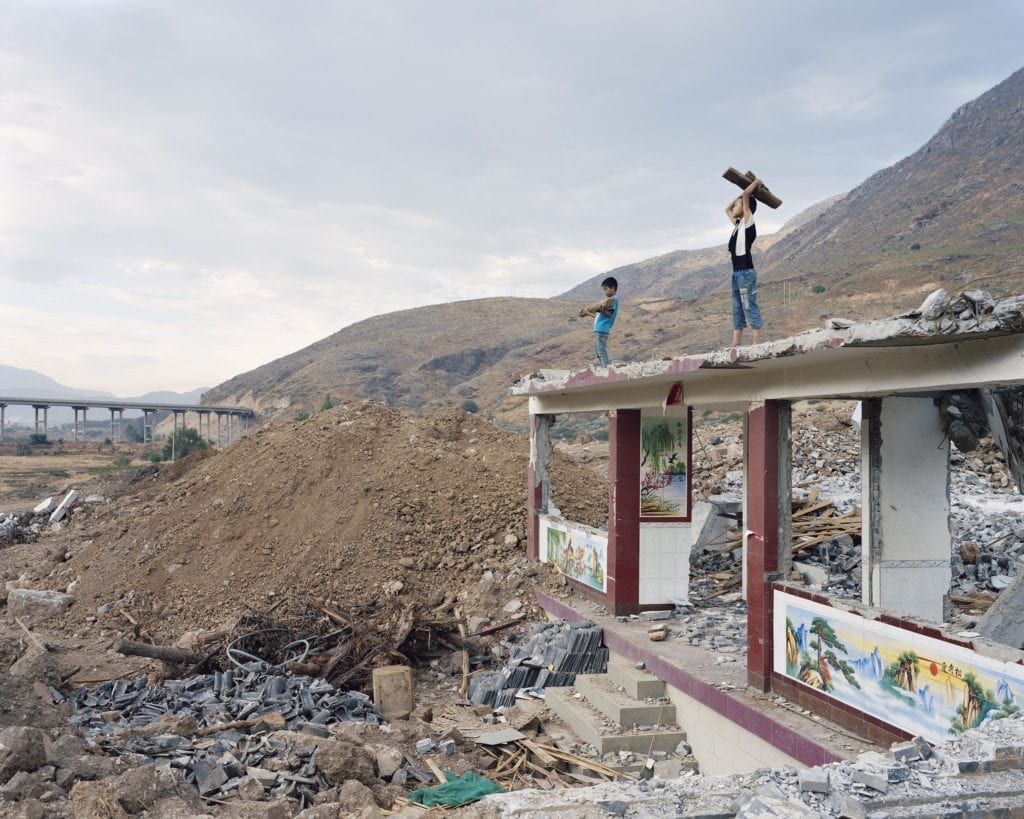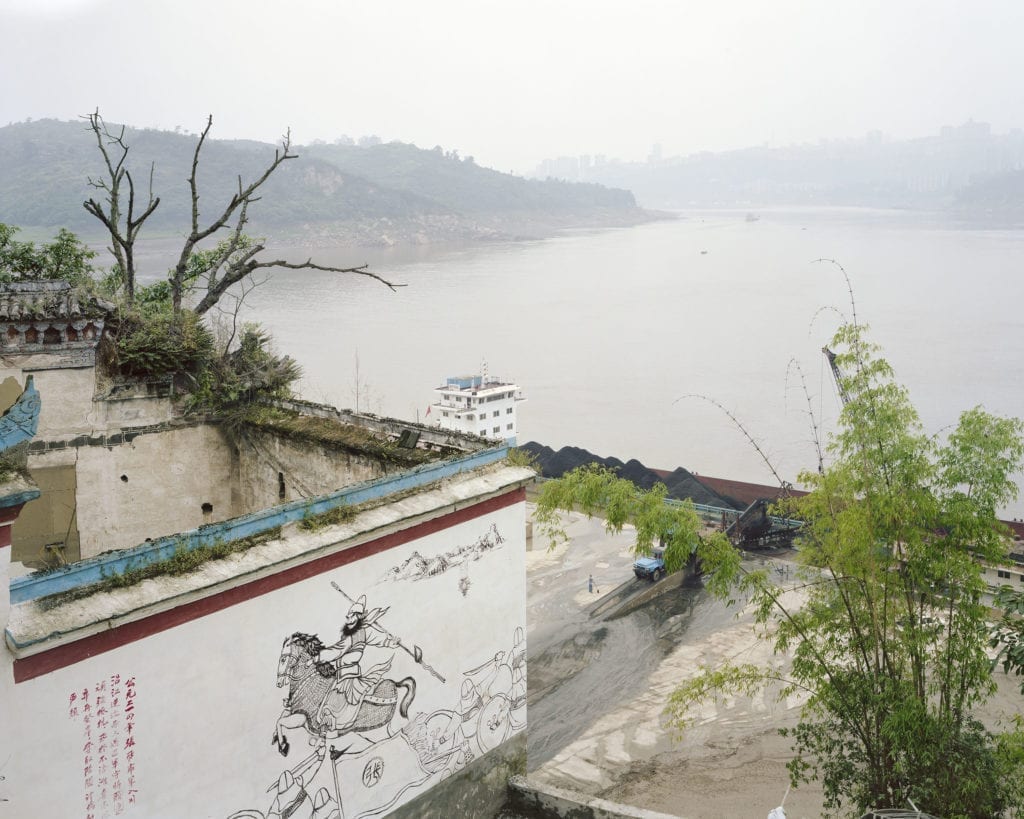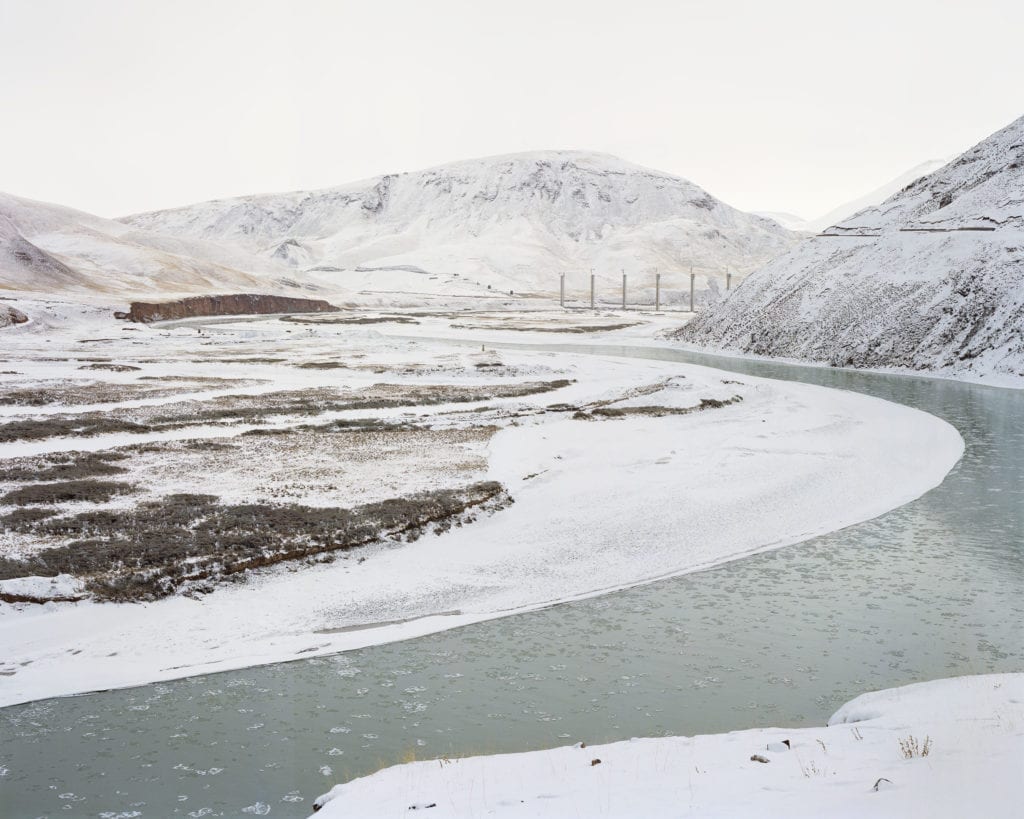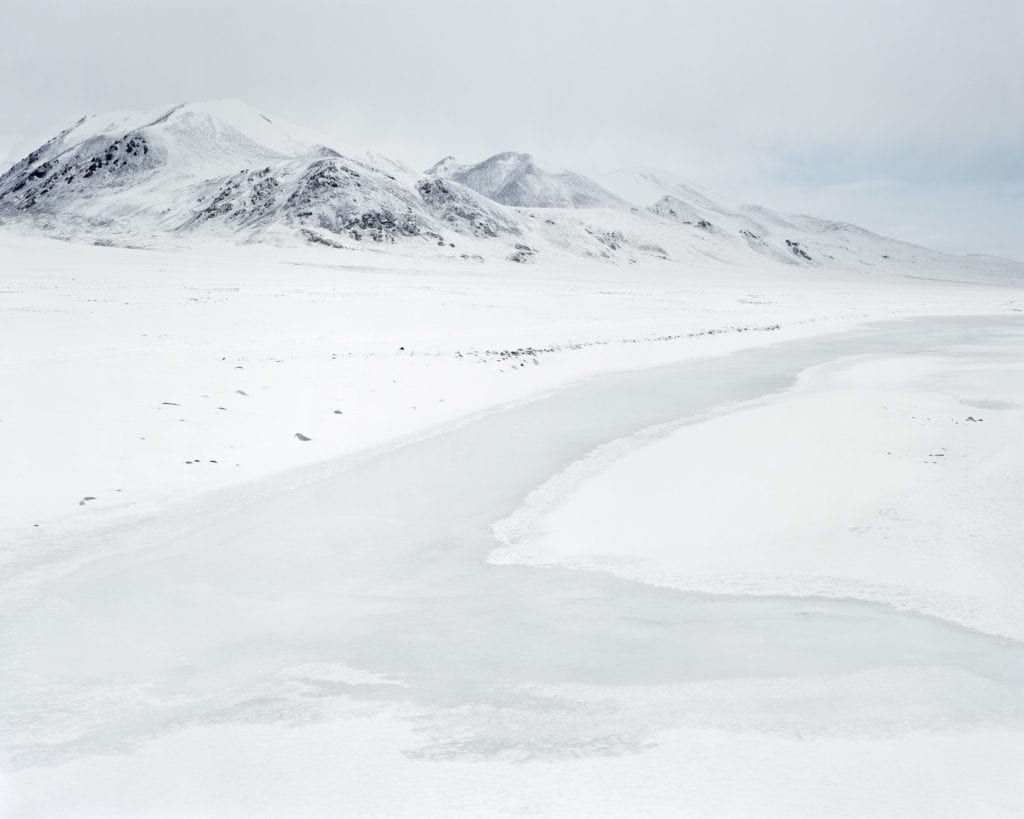Yan Wang Preston’s Mother River is both a physical odyssey through China and a metaphor for its evolution, travelling from the traditional culture still seen to be seen at its source through to the rampant modernisation approaching its mouth. “Modernisation is reaching everywhere in China, although in Tibet the degree of modernisation is not the same as in Shanghai,” Wang Preston tells BJP. “I wanted my pictures to document this gradual change along the river’s journey.”
Born in China, Wang Preston originally studied Clinical Medicine in Shanghai – a family choice which she had never felt passionate about, she says. She worked as an anaesthetist for three years after graduating, but eventually quit took a break to go rock climbing. “During this process, I met a British climber and ended up marrying him,” she says. “I knew that I’d come to live in the UK at some point.”
Making the move in 2005, she found that “the prospect of living a new life in a new country presented itself as an opportunity to choose my own destiny”. A keen amateur photographer since university, she decided to pursue the interest in ernest, and went on to take an MA in the subject. “The power of images often reduced me to a deep silence but made me feel more alive at the same time,” she says. “The beauty and the terror, the truth and the honesty…It’s like chasing a wild dream.”

“The Mother River is always represented by celebratory images of selected sites [in China],” she says. “Vernacular landscapes are not part of The Mother River idea. A lot of places, such as the first half of the river, are actually little known.”
She decided to do something different, and set up a strict framework within which to work. The river measures some 6211km and Wang Preston decided to travel its entire length, taking a photograph at exactly every 100km, and naming each point “Y” plus its relevant number. She also set some rules for herself – no ruins, no pollution, no misty Shanshui landscapes, no iconic landmarks, and no epic scales with tiny human figures.
“This is my formal attempt to subvert the existing hierarchy between river places and to bring the little-known vernacular landscapes to light,” she says. “I wanted to shoot from an apparent ‘casual’ angle so the attention is more on the content, less on the artist.”

It’s taken her four years to complete, and has given her a much deeper, closer understanding of the river and its development. At times these realisations were painful, she says, when she saw beautiful spots soon to be flooded by dams – but in other areas she saw the damage wrought by Yangtze floods over the last 2000 years, and realised the dams could also be helpful.
Her happiest point was reaching the river mouth, where it emerges into the East China Sea. “I felt that I really had become a friend with the Yangtze with our 63 dates. It was a pure moment of speechless joy, a sunny opening.”
And in the process, she adds, she’s also seen how much she’s changed, as well as the river and China itself. “Every time I went to China I had a culture shock,” she says. “Those very banal views became painfully obvious, and I was able to see China with a fresh eye.
“Before moving to England, I only received one type of education and media information; living in England exposed me to other types of thinking modes and information. There are different points of views to compare and to work out my own position from. To be honest, now my definition of ‘homeland’ is changing. England is becoming my homeland. I have my own family here”.
Mother River will be exhibited from 31st March to 24th June 2017 at Impressions Gallery in Bradford. www.impressions-gallery.com www.yanpreston.com


